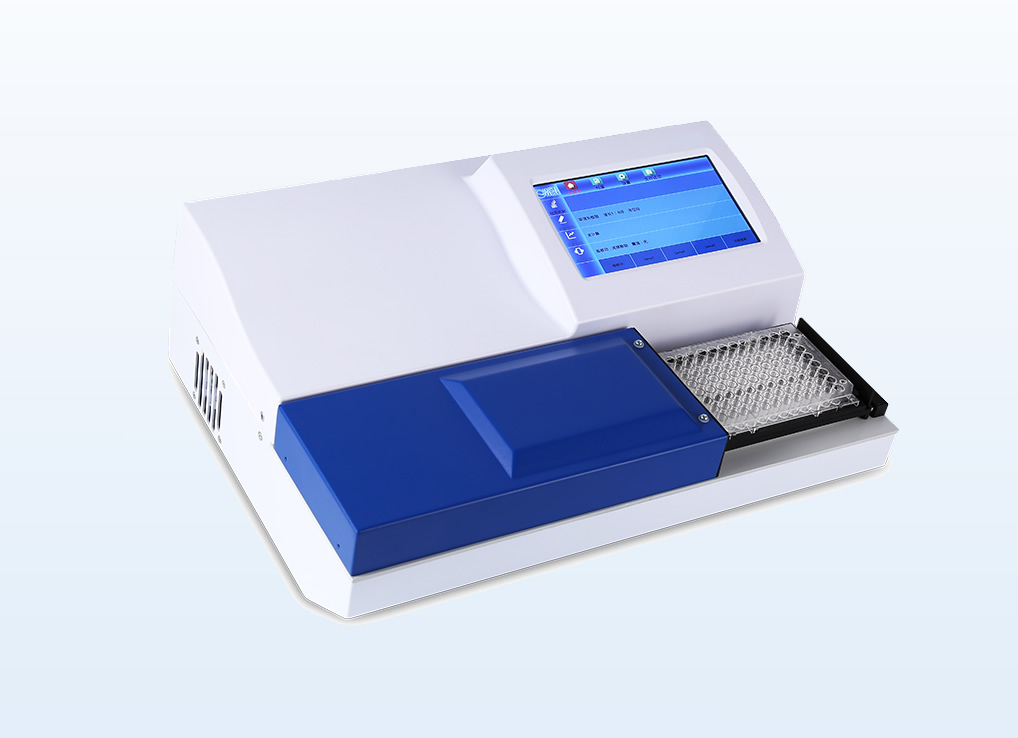Keeping your furry friends healthy is essential for their happiness. Diagnostic centers for pets deliver accurate health assessments for household pets.
Here, we’ll explore how veterinary labs work, what tests they offer, and why these labs are invaluable for your pets’ health.
Understanding the Role of Veterinary Testing Centers
Animal health laboratories offer testing for health conditions in pets. They are critical for animal doctors to deliver personalized care for pets.

The process often includes:
- Sample collection: Key biological materials are gathered for analysis.
- Testing procedures: Advanced tools process the data.
- Results interpretation: The lab sends back results to the veterinarian for health management plans.
Common Veterinary Tests for Pets
Veterinary labs offer a variety of tests to detect potential problems. Key veterinary tests include:
- Complete blood counts (CBC): Identify infections.
- Bladder health evaluations: Identify urinary tract infections.
- Digestive system checks: Detect intestinal parasites.
- Allergy screenings: Improve skin and coat health.
- Radiographic tests: Examine internal organs.
análises veterinárias
diagnóstico laboratório veterináriolaboratório veterin
Why Regular Testing is Important for Your Pets
Periodic veterinary assessments ensures improving quality of life. Catching issues early reduces treatment costs.

Some key benefits include:
- Effective treatment plans: Early interventions for your pet’s needs.
- Peace of mind for pet owners: You’ll know if something is wrong.
- Preventing costly emergencies: Manage minor issues before they escalate.
Conclusion: Prioritizing Pet Health with Veterinary Labs
Using veterinary labs for dogs and cats supports their overall wellness. Animal diagnostic centers offer critical support to ensure optimal health.
Start using veterinary labs for routine care to help them live a long, happy life!